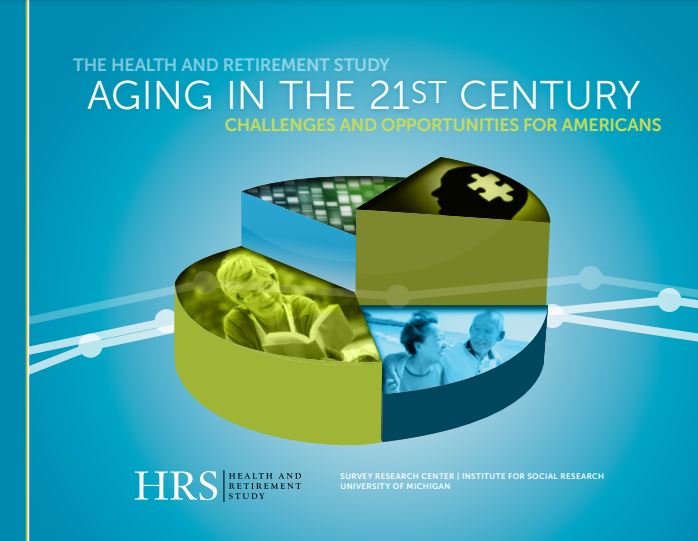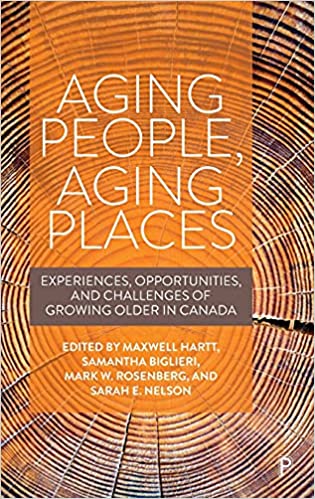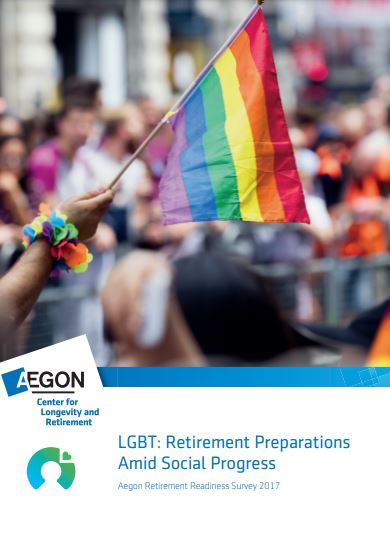US. Why Intelligent Aging Should Be Healthcare’s Moonshot
Tom Lawry is the National Director for Artificial Intelligence, Health and Life Sciences at Microsoft. “It’s not how old you are, it’s how you are old.” – Jules Renard, French author. It was the summer of 1965 when Medicare was signed into law, guaranteeing that the federal government would manage the provision and cost of medical care for all seniors. In doing so, President Lyndon Johnson proudly declared: “No longer will older Americans be denied the healing miracle of modern medicine....










